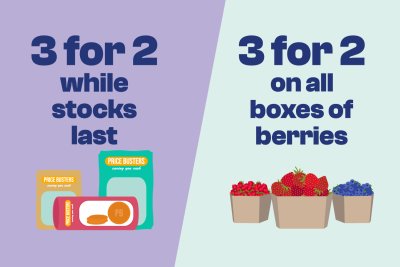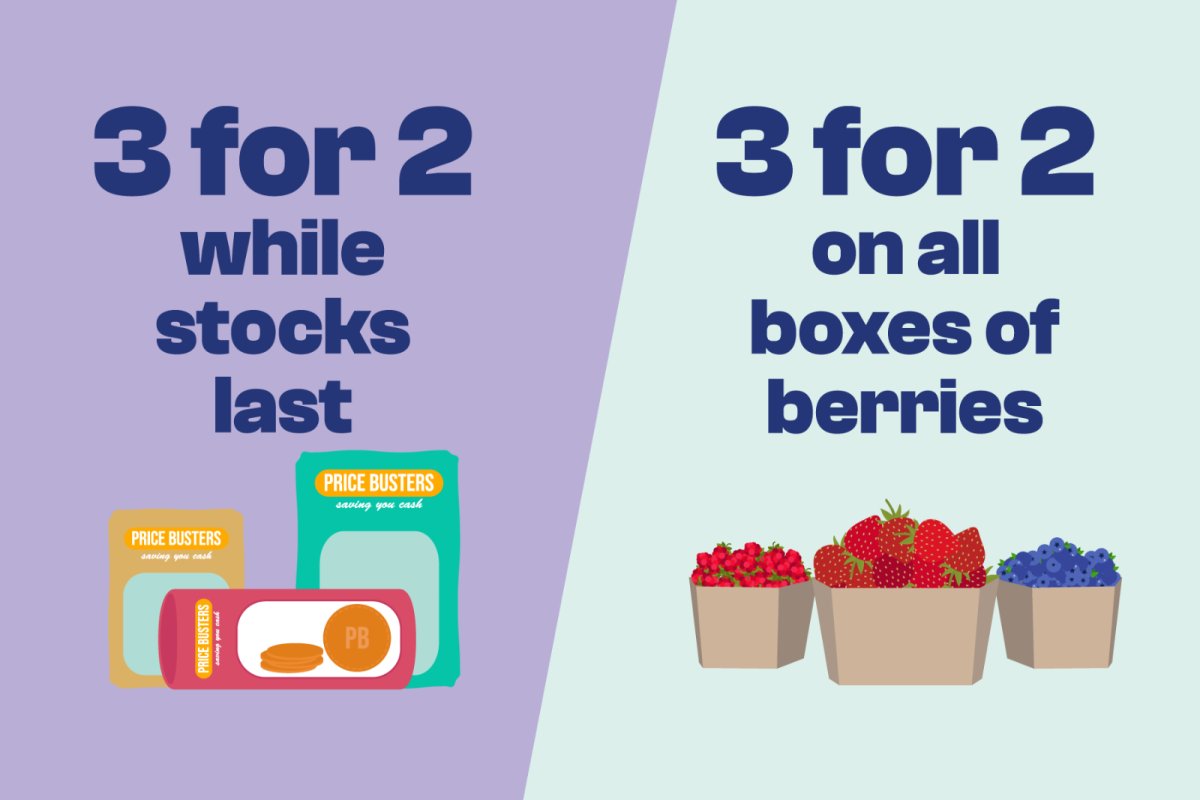 VideoSwitching from biscuits to berries. Example of adverts before and after the Healthier Food Advertising policy. Credit: Sustain's Healthier Food Advertising Policy Toolkit
VideoSwitching from biscuits to berries. Example of adverts before and after the Healthier Food Advertising policy. Credit: Sustain's Healthier Food Advertising Policy Toolkit
I hear it said time and time again when I take this policy proposal to local government boards: “It’s the right thing to do”. That’s because all across the country, growing numbers of British people are living with food related ill health – diabetes, cancer, heart disease and tooth decay. The opportunity to live full and happy lives is slipping away into caring roles, sick days, hospital appointments and even early retirement and death. Meanwhile everywhere we look – from our phones to our TVs, from the streets to public transport – there is a constant spotlight on unhealthy foods. Cakes, sweets, pizzas and crisps are all brightly lit up and set to smiling celebrities’ faces as part of expensive marketing campaigns – luring us in to buy the exact products making us unwell.
The thing is, advertising works. If it didn’t, companies wouldn’t spend so much money on advertising to us. In fact, research shows that unhealthy food advertising makes us more likely to prefer unhealthy foods, replace healthier foods, snack and eat more calories. Public health experts have known this for decades, so over the past five years, I’ve been working with determined local governments to take action. Together we’ve been bringing in robust advertising policies, which incentivise the food industry to take the spotlight off those products that undermine our health, and instead make healthier food take centre stage.
This relatively minor change in advertising copy is making a big difference to our health. The advertising restrictions on Transport for London’s network led to a 20% reduction in sugary products - like sweets and chocolates - being purchased. Plus, households reduced their unhealthy foods and drinks by 1000 calories per week. Further analysis indicates this is expected to lead to 100,000 fewer obesity cases, 3000 fewer type two diabetes cases and 2000 fewer heart disease cases across London, as well as saving the NHS £218million.
But something that often gets lost in the figures is that while this intervention will bring benefits to the population as a whole, it’s expected to bring the biggest benefit to those who are economically and socially disadvantaged. It’s important to know that advertising is not evenly distributed. People living in lower income neighbourhoods or near busy transport routes are much more exposed to unhealthy food advertising. Additionally, research in America indicates that the food and drinks industry target people of colour more too. So when we bring in policies that restrict unhealthy food advertising, the greatest impact will be where the spotlight is currently shone the strongest. Therefore, the policy reduces the risk of food related ill health in communities currently most exposed and at highest risk. In turn, this reduces health inequalities and plays a vital role in levelling up our communities.
Unlike many other interventions, the policy has minimal cost. In all of the regions that have brought these policies in, advertising revenues have been maintained because companies are still spending money to advertise. They’re just switching to healthier products in their advertising copy. In fact, Transport for London’s advertising revenues increased by £2.3million in the first year after the policy was implemented. And the result? Companies have turned the spotlight off burgers and sugary drinks. Instead, we now see a variety show of healthier products. Just over the last few months, there have been adverts for hearty veg-loaded dinner plates, tantalising noodle bowls and playful celebrations of fruit. Adverts which would have previously been unthinkable.
Local governments are heroically stepping in where the national Government has failed to take action. Nearly four years since committing to restrict unhealthy food on TV and online, despite mounting evidence and multiple rounds of discussions and consultations, the Government has repeatedly delayed, diluted and distracted from their own policies. And in all those years, not a single advert has been stopped by their legislation. Meanwhile, local leaders are championing their residents’ health by standing up to the food and drinks industry, recognising that when the national Government is failing on health, their local residents’ need is even greater. So far, twelve English local governments as well as the Mayor of London have worked with me to successfully bring this policy in, but over 100 more are working on doing so.
While it won’t solve everything, the evidence is proving it's an important step in transforming food for the better. Switching the spotlight away from unhealthy foods to fruit and veg benefits our health, our climate and equality. Ultimately, it moves us in the direction of making sure that healthier and more sustainable food is the easiest option for everyone. Let’s hope more leaders find the courage to make use of this policy’s great precedent to champion their residents’ health and do the right thing soon.
If your local government is interested in bringing in a Healthier Food Advertising Policy, check out Sustain’s Healthier Food Advertising Policy Toolkit.
Commercial Determinants: Supporting policymakers and councils to introduce healthy food advertising policies.








